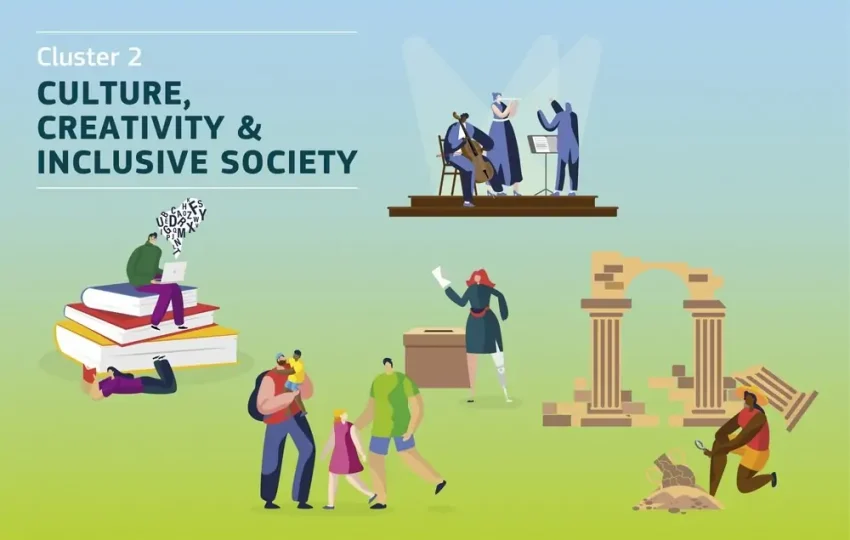Introduction
In today’s fast-paced digital world, the European Union (EU) plays a pivotal role in driving innovation and supporting transformation across industries. Through a variety of funding programs and initiatives, the EU empowers organizations to adopt advanced technologies, reimagine business models, and create sustainable growth. From artificial intelligence (AI) and big data to green technologies and smart cities, EU-funded digital transformation projects are reshaping the future of Europe.
Digital Transformation as a Strategic Priority
Digital transformation is no longer a luxury—it is a necessity for competitiveness and resilience. Recognizing this, the EU has placed digital innovation at the core of its strategies, including Horizon Europe, the Digital Europe Programme (DEP), and the Cohesion Policy Funds. These instruments provide financial and technical support to projects that enhance digital infrastructures, improve digital skills, and foster the adoption of cutting-edge technologies.
Key Areas of EU-Funded Digital Transformation
1. Artificial Intelligence & Data Economy
Projects under Horizon Europe and DEP focus heavily on AI and data. They support the development of ethical, human-centric AI systems, as well as secure data spaces for sectors like healthcare, manufacturing, and energy. For example, EU funding has accelerated projects that integrate AI into personalized medicine and predictive maintenance in industries.
2. Smart Cities & Communities
EU-funded initiatives help municipalities deploy Internet of Things (IoT) solutions, energy-efficient systems, and digital platforms for better governance. These projects not only make cities smarter but also improve quality of life for citizens by enhancing mobility, reducing emissions, and increasing civic participation through digital tools.
3. Cybersecurity & Trust
Digital transformation depends on security. That’s why EU funds projects strengthening cybersecurity capabilities across Europe. These range from building resilient infrastructures to developing innovative tools that protect businesses, governments, and individuals from cyber threats.
4. Digital Skills & Workforce Transformation
Funding also supports upskilling and reskilling of the European workforce. Projects aim to close the digital skills gap by offering training in AI, cloud computing, blockchain, and cybersecurity, ensuring that Europe’s workforce is ready for the jobs of tomorrow.
5. Green Digital Transition
Digital transformation is aligned with the European Green Deal. Many EU-funded projects combine digital innovation with sustainability, such as using AI and big data to optimize renewable energy systems, reduce waste, and enable circular economy practices.
Success Stories Across Europe
-
AI for Healthcare: EU-funded projects have enabled hospitals to use AI-driven diagnostics, improving accuracy and reducing costs.
-
Smart Manufacturing: Initiatives have supported SMEs in adopting Industry 4.0 technologies, boosting productivity and competitiveness.
-
Rural Digitalization: Funding has bridged the digital divide by supporting high-speed internet in rural and remote areas, ensuring inclusivity.
Opportunities for Organizations
Organizations, research institutions, startups, and SMEs can apply for funding through open calls published on platforms like EUcalls.net. By tapping into these opportunities, stakeholders not only gain financial support but also access international networks, partnerships, and innovation ecosystems.
Conclusion
The EU’s commitment to digital transformation is paving the way for a smarter, greener, and more inclusive Europe. By funding groundbreaking projects, the Union ensures that European industries, cities, and citizens are equipped to thrive in the digital age. For organizations seeking to innovate, the time to engage with EU funding opportunities is now.


